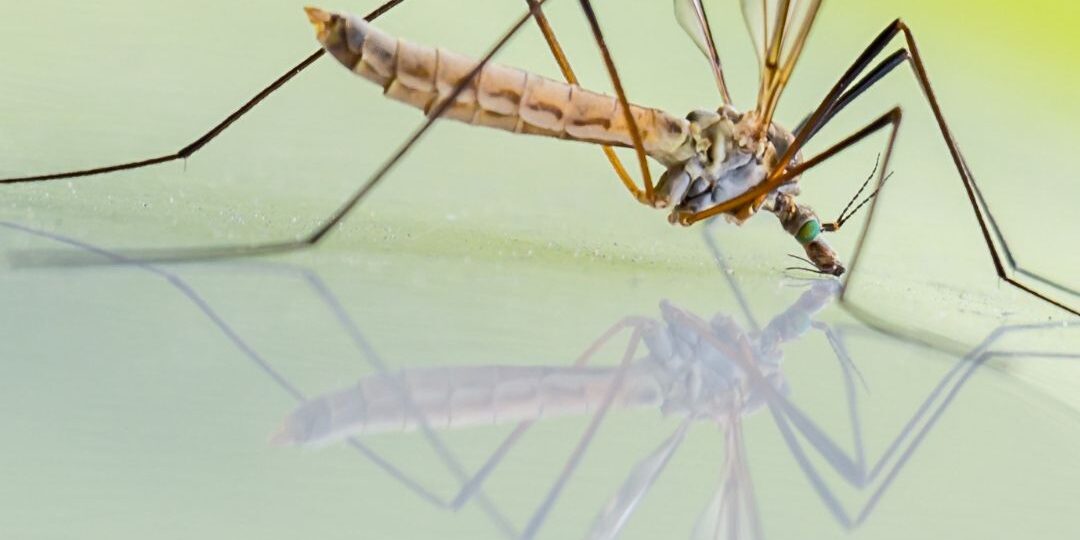We’ve all had annoying mosquito bites when being outside, and for the majority of people, they’re just a pain. Additionally, a lot of us have heard about outbreaks of diseases like the West Nile Virus, Dengue, Eastern Equine Encephalitis, and others, but may have written them off as being exceedingly unlikely to contract. These are hazardous misconceptions because mosquitoes are the world’s deadliest species, killing more than a million people annually.
The health of our communities depends on our protecting ourselves from mosquito bites, yet sadly there are numerous myths and misconceptions about common insect repellents. VDCI is dedicated to providing communities, state agencies, and mosquito-abatement districts with science-based solutions and management techniques while also educating the public about the efficacy and safety of common mosquito prevention instruments.
Common Mosquito Prevention Myths And Misconceptions
INSECT ZAPPERS
It’s a widely held misconception that bug zappers use UV or black lights to attract and electrocute mosquitoes. In fact, to control mosquitoes surrounding their properties, more than two million homeowners use bug zappers. In truth, according to study, just 6% of the insects killed are mosquitoes, and these gadgets are actually harmful to helpful insects like moths and beetles. Due to the fact that female mosquitoes looking for a blood meal are primarily drawn to the carbon dioxide that people and other animals exhale when they breathe, these devices are ineffective at reducing host-seeking mosquitoes.
MISTING SPRAYS
Private misting systems, which are promoted by businesses without a public health license, have grown to be a popular alternative. This implies that they are exempt from the Environmental Protection Agency’s requirement that the spray products they employ be registered (EPA). Despite the fact that the goods can eliminate mosquitoes, this method might have a negative impact on the environment and expose humans to unneeded risks. Mosquitoes can adapt to insecticides over time if they are applied in irregular or excessive doses. Insecticides that are applied incorrectly can potentially harm non-target, environmentally beneficial insects. The American Mosquito Control Association (AMCA) has decided to oppose these misting systems until additional study and effectiveness testing have been conducted.
BATS
Although bats do consume insects, fecal investigations indicate that less than 1% of a normal bat’s diet consists of mosquitoes. The preferred food supplies of moths, beetles, and leafhoppers can be decreased with the use of bat houses, however mosquito populations won’t be much affected. In addition, some bat species may actually be dangerous to people, especially if they can roost close to homes and other living spaces. Guano from bats can produce spores that, when breathed in, can lead to dangerous respiratory illnesses. They can also spread viruses like rabies and parasites. Bats are the main source of rabies mortality in the US, according to the Centers for Disease Control and Prevention (CDC).
COMPREHENSIVE MOSQUITO MANAGEMENT
Science-based, integrated mosquito management (IMM) programs are the safest and most efficient ways to manage mosquito populations. IMM programs offer treatments that focus on mosquitoes during all phases of their life cycles. Additionally, careful surveillance and monitoring measures guarantee that infections, population shifts, and indications of pesticide resistance are discovered as soon as feasible.
Insecticides that are registered with the EPA should only be used by licensed professionals in the proper amounts, in the proper locations, and at the proper times when adult populations reach unacceptable or unsafe levels.
Solutions based on proactive science perform best when backed by informed citizens. Because everyone deserves peace of mind while enjoying the outdoors, VDCI collaborates with local governments, mosquito abatement districts, and public health organizations to disseminate educational materials that dispel myths and misconceptions about mosquito management and equip people with crucial mosquito prevention tips.
No matter the weather conditions, at MosquitoNix®, we’re dedicated to protecting outdoor lifestyles.
If you’re looking to avoid flying insects while enjoying the weather this year, then you’ll be pleased to know that the botanically derived insecticides inside the MosquitoNix Residential Pest Control are ideal for camping, picnics, patios or smaller yards.







